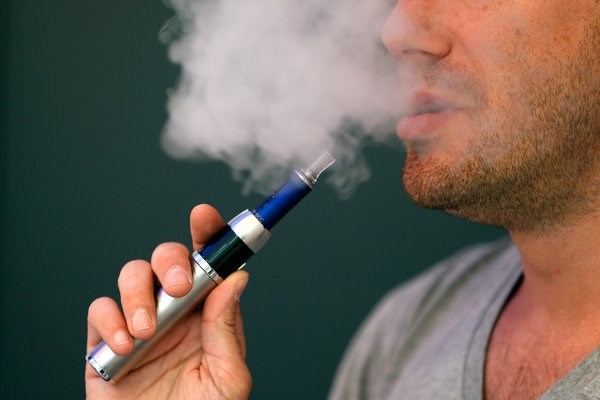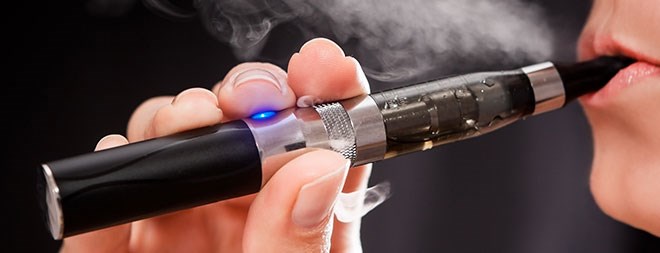
A group of state lawmakers is proposing a bill that would ban e-cigarettes in public places across New York State, imposing the same restriction as on regular cigarettes, the New York Post writes.
However, the truth is, in New York City e-cigarettes already are banned: Former NYC Mayor Michael Bloomberg quietly outlawed their use in public spaces, right before he left office in December 2013.
E-cigarettes — which heat up liquefied nicotine to expel a vapor, as opposed to the carcinogenic cloud from a normal cigarette — have become popular since the state passed a ban on regular cigarette use in public places.
The e-cigarettes do not burn, so there is no smell, only vapor. They have become popular among cigarette smokers, as they are cheaper, more socially acceptable and are assumed to have a reduced health risk compared to regular cigarettes since there are no chemicals in e-cigarettes or burning carcinogens inhaled.

But supporters of the ban in Albany said the state should step in, because e -cigarettes have not been regulated by the Federal Drug Administration, and the lack of oversight is placing individuals at risk.
However, Audrey Silk of Citizens Lobbying Against Smoker Harassment, said the ban has nothing to do with protecting others. CLASH is already behind a lawsuit against the city for banning the e-cigarettes.
"This is about control," said Silk. It's more about expanding the "nanny state" than health.
But State Assemblywoman Linda Rosenthal of Manhattan, who is the bill's co-sponsor, said she personally "felt nauseous" when someone smoked an e-cigarette in her presence and that "Smokers' rights end when they start affecting nonsmokers."
Sponsors of the statewide ban are confident the measure will pass this legislative session as part of a much larger Indoor Clean Air Act bill.



